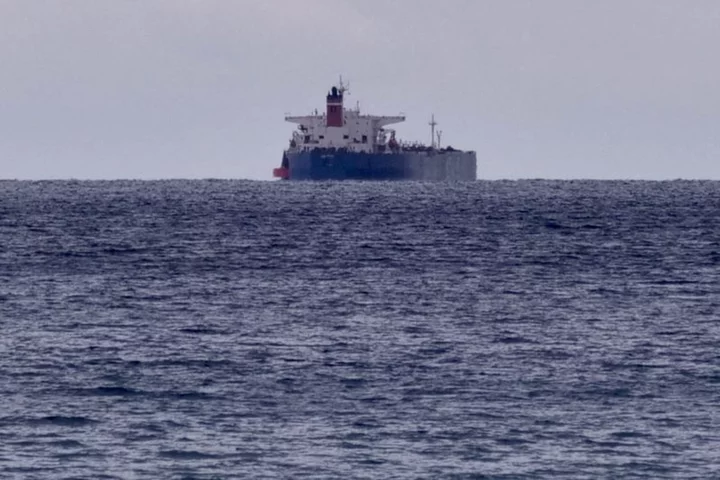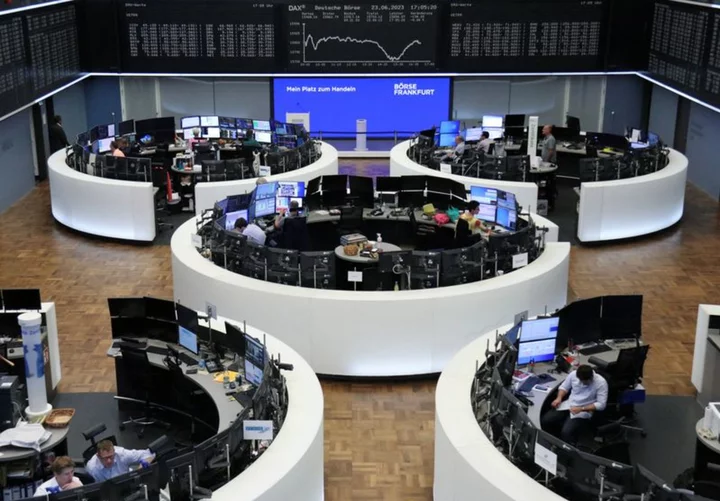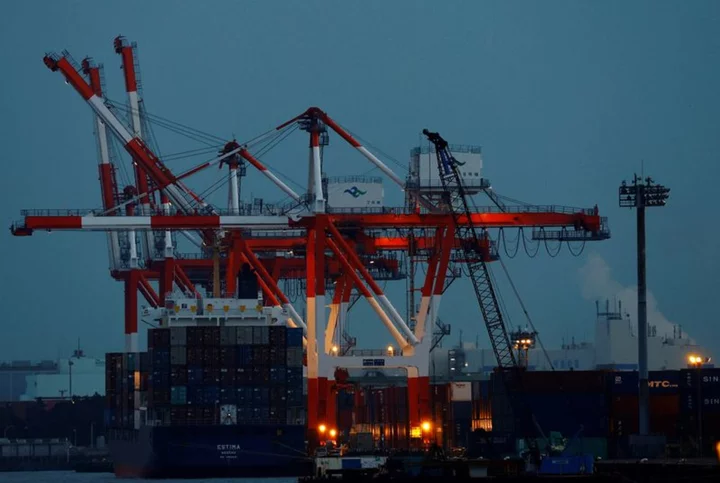BERN, Switzerland (AP) — A parliamentary committee in Switzerland on Thursday recommended easing export controls for Swiss-made war materiel to help prop up the domestic defense industry as Western neighbors urge the country to do more to help Ukraine defend itself against Russia.
The passage of two motions by the Security Policy Commission of the upper house of parliament, the Council of States was largely a procedural step, but it highlighted the economic and political pressures on Swiss lawmakers.
The Council commission took into consideration Switzerland’s longtime policy of military neutrality and the effects of export restrictions on Swiss defense contractors. Its sister commission in parliament’s lower house took a similar position in January.
The war in Ukraine has prompted Swiss government officials to grapple with their country’s longtime conception of neutrality, which is enshrined in the constitution and prohibits exporting weaponry to active war zones.
The policy also bars countries like Germany, Spain and Finland that have bought Swiss arms from re-exporting such items to countries like Ukraine.
However, Switzerland has joined European Union sanctions against Russian interests in the wake of President Vladimir Putin’s war in Ukraine.
Werner Salzmann, the president of the Security Policy Commission said the committee's main interest in softening export controls was ensuring the viability of the Swiss defense industry. While Switzerland maintains its own army and all young men are required to do military service, the country's defense needs are not substantial enough for the domestic industry to survive and thrive at current levels.
The measure is now expected to go to the broader parliament next month, although Salzmann said any changes would not take effect before March 2024 at the earliest.
The commission approved two separate motions that, if approved, would allow the executive branch to lift some restrictions on the export of weaponry and war materiel “in exceptional circumstances” and if required to ensure national security.
Another motion said the law on the export of war materiel could also be adapted to allow deliveries to countries “that are committed to our values” and have similar export controls to Switzerland, a text provided by the commission said.
Buyer countries could re-export Swiss-made weapons after five years within certain parameters. Re-export to countries that “severely” violate human rights would be banned, and the risk that the weapons could be used against civilians would have to be averted.
The destination country could not be at war domestically or internationally unless the country was engaged in a struggle of “legitimate self-defense" under international law.
“Strict criteria would apply so that no Swiss war material would be used in conflicts,” Salzmann told reporters. “However, the re-export of war material to a country at war would be possible if this country made use of its right of self-defense under international law.”
___
Follow AP's coverage of the war in Ukraine: https://apnews.com/hub/russia-ukraine









